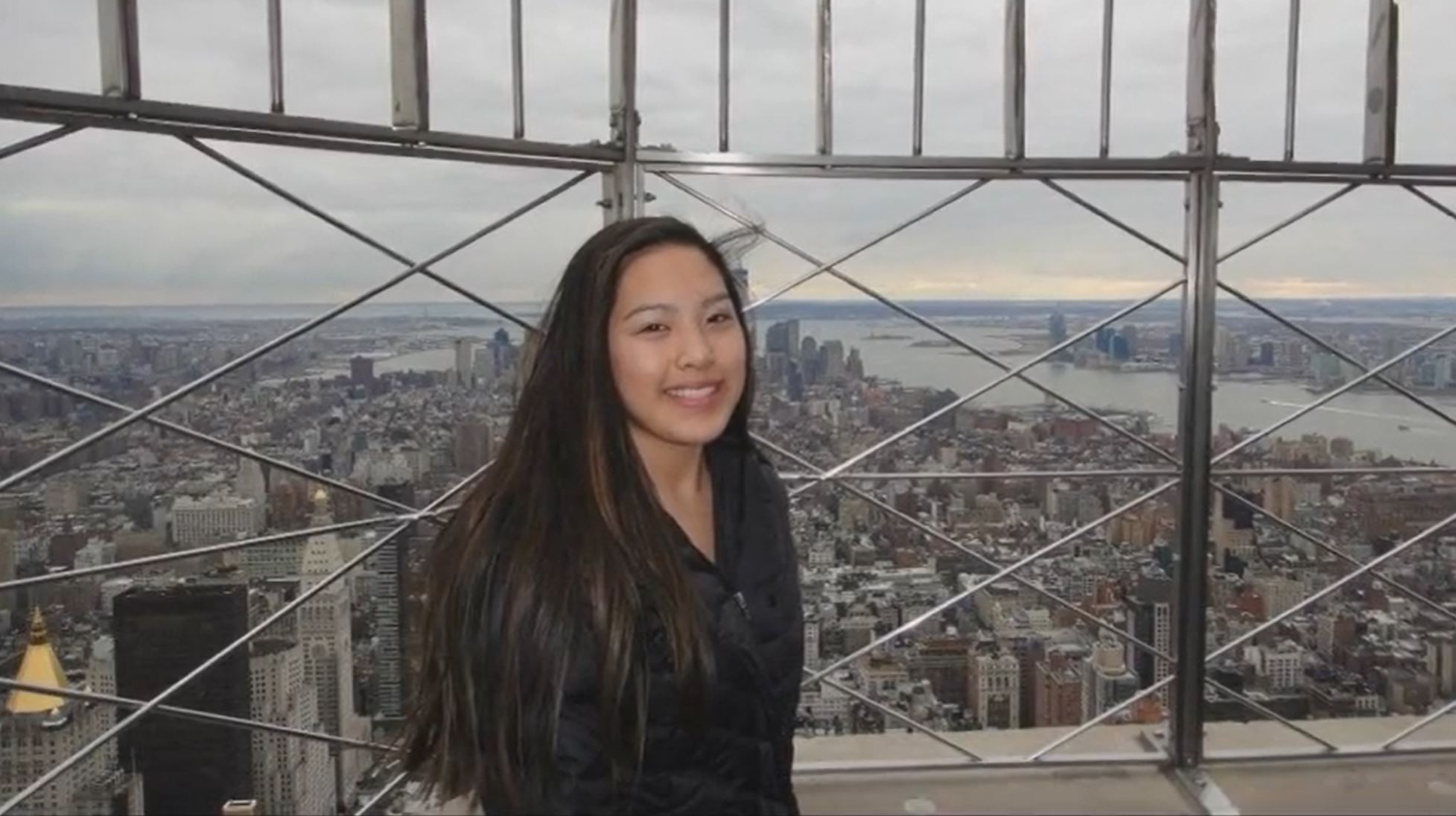Ruby Bock, a 45-year-old San Diego police officer and a mother of two, is fighting for her life after being diagnosed with stage 4 colorectal cancer.
Bock spoke with NBC 7 about the several rounds of chemo and immunotherapy, among other treatments. She is now hoping a holistic medicinal treatment in Mexico will help rid her of cancer.
According to the American Association for Cancer Research, colorectal cancer is the second leading cause of cancer death in the U.S., behind only lung cancer. But doctors say many cases are preventable by colonoscopy screening to detect any precancerous polyps or to detect the cancer at early stages.
Bock hasn’t worn her police officer uniform in several years. For now, a beanie and clothes that keep her warm will do as she fights stage 4 cancer.
Get San Diego local news, weather forecasts, sports and lifestyle stories to your inbox. Sign up for NBC San Diego newsletters.
“I have it on my skull, my lymph nodes, behind my stomach and a couple on my chest" Bock said. "And then my femur and my pelvis area."
She was diagnosed three years ago at the age of 42, after she experienced a debilitating stomachache one day. She went through rounds of tests and a biopsy. And then, while on duty, her doctor called with the bad news.
“I like dropped to my knees,” Bock said.
Local
Since then, life has changed drastically at home with her wife and two kids. She receives rounds of chemotherapy and immunotherapy.
“I’m in bed for, you know, the next three or four days. I mean, I have such a hard time even getting up to the bathroom. It just sucks your energy," Bock said.
Bock is determined to fight the cancer and get better. In fact, over the summer, she plans to check into a three-week holistic program in Mexico called "Hope 4 Cancer." The Peace Officers Research Association is helping her raise money since insurance doesn’t cover it.
While she feels the support, she still has bad days every now and then.
“I’ve written letters to my kids just so that they would remember," Bock said. "Writing those letters, I mean, it was hard. But I just wanted them to know how like proud I am of them and how happy they’ve made me."
She told NBC 7 she is hopeful she will survive and will continue trying different treatments after the program in Mexico, if needed.
The journey itself, she said, also keeps her going. She meets people along the way, like a Holocaust survivor at an infusion center, that push her along.
“Before I left, she grabbed my hand and said, 'Don’t ever give up on hope.' So that’s what I have, and that’s what helps me," Bock said. "I think about that on those bad days.”



